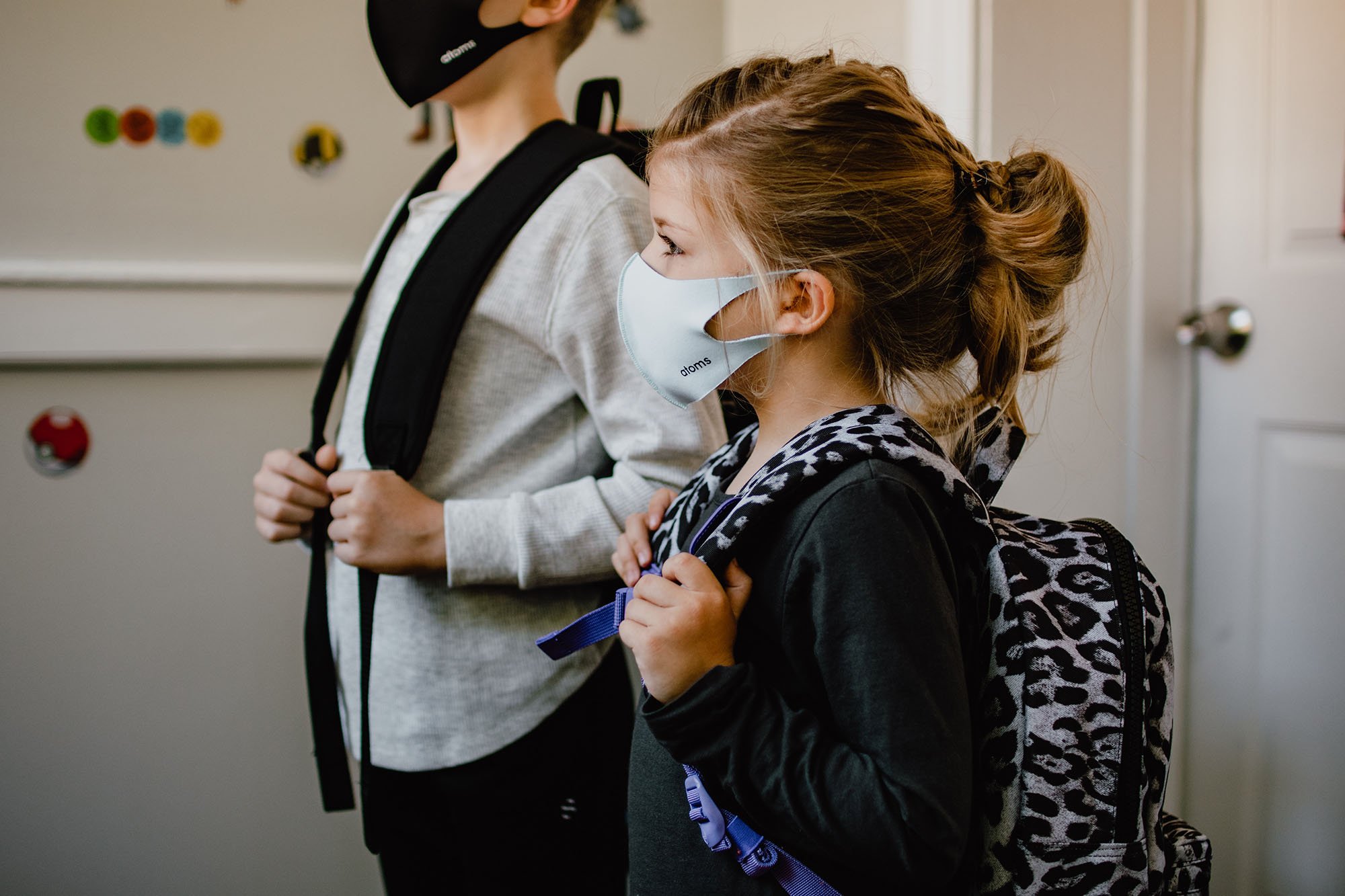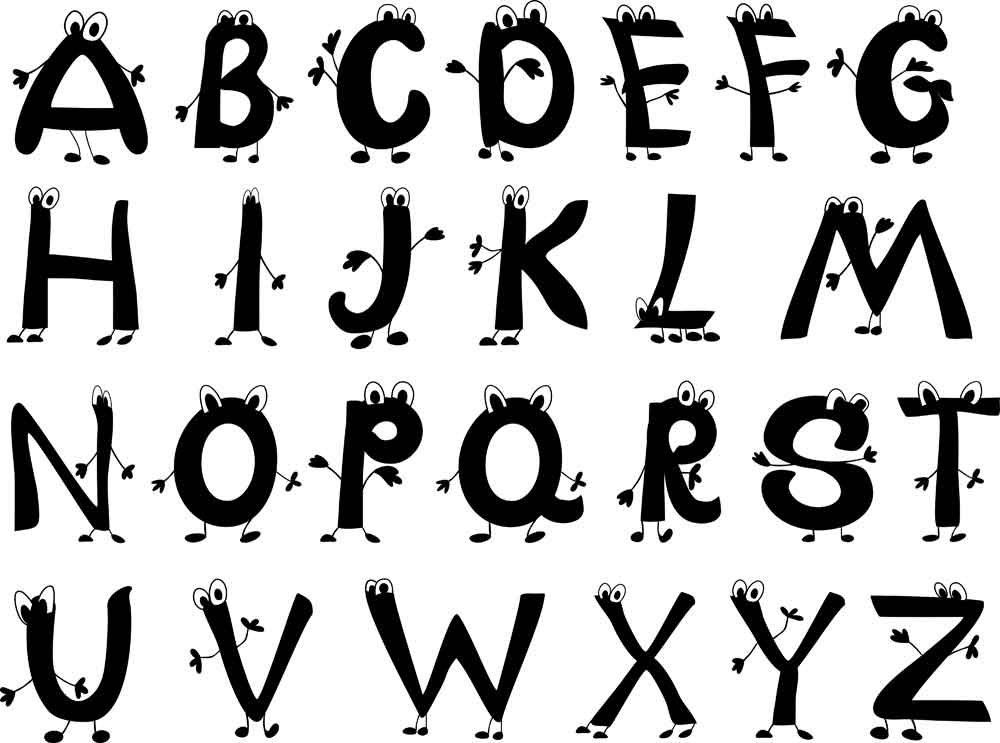
Most competitive private day schools and many selective boarding schools are back to requiring standardized testing as part of the application process to grades 3 through 11. And whether testing is required or not, test-optional policies ought to be considered cautiously given holistic review application processes. We strongly recommend planning to exceed any minimum admissions requirements in order to be more competitive, and it’s likely that at least 1 or more schools on your working school list with require standardized testing. Certain schools require completion of their own placement tests in addition to, or in lieu of, standardized testing.
To this end, many families wonder about the best approach to ISEE or SSAT preparation. For any grade level transition between grades 5 and 11, we recommend starting about a year in advance with an eye toward official testing in November and December. While test preparation and school planning can certainly feel overwhelming, there are many factors within a family’s control, and starting early provides a structure that’s comforting for both children and parents. By initiating the SSAT or ISEE planning process about a year in advance, families stand to create the greatest number of school options.
Many families currently enrolled in private schools with CTP testing assume that CTP testing and ISEE testing are very similar, but they’re not. While they do share the same publisher, the ERB, the tests serve different purposes and have different formats. The CTP is designed as a grade level achievement test, whereas the ISEE (as well as the SSAT) is designed as an above-grade level measure:
- The primary level ISEE is designed for admissions to grades 3 (PL3) and 4 (PL4).
- The lower level ISEE test is designed for admissions to grades 5 and 6, and it covers math content and vocabulary well through 7th grade.
- The middle level ISEE test is designed for admissions to grades 7 and 8, and it covers math content and vocabulary well through 9th grade.
- The upper level ISEE test is designed for admissions to grades 9 to 11, and it covers math content and vocabulary well through 10th grade.
The best way to approach SSAT and ISEE preparation is to start early. We strongly recommend diagnostic testing during the winter/spring term so that we are able to better assess instructional needs and pacing over the spring, summer and fall. Sometimes educational testing is needed, too, in order to explore a suspected learning disability and appropriate accommodations. This educational testing should be completed during the spring or summer.
The best approach to SSAT and ISEE preparation is content-based, which means remediating and/or accelerating instruction for each student with the goal of achieving mastery. Surely there are test-taking strategies, but choosing an appropriate strategy generally still requires an understanding of the content. Simply “working backwards” or using “process of elimination” isn’t effective if a student doesn’t have a starting point or means of assessing the reasonableness of an answer choice.
We also value an approach to SSAT and ISEE preparation that focuses on the bigger, more important picture of middle and high school readiness. This readiness includes mastery of a certain body of content as well as a skill set around managing the workload itself (executive functions) and persisting through a difficult task and process (grit). Since the testing has to be done in most cases, it’s best to take advantage of all the learning opportunities related to the testing experience.
There’s also family debate about SSAT vs. ISEE testing, and some families feel they need to prepare for both, which isn’t necessary or advisable. Most NYC independent schools AND boarding schools accept both ISEE and SSAT scores. There are three main factors to consider when making the choice: 1) The ISEE has no wrong answer penalty, and 2) The ISEE presents sentence completions vs. analogies, and 3) The SSAT presents 5 answer choices, whereas the ISEE only presents 4 answer choices. We’re happy to discuss these factors further as they relate to your family’s situation.
For 7th grade students interested in specialized public high schools, there is SHSAT testing to manage as well. Historically this testing happened in October, but this past school year, it occurred on November 17, 2022. The previous school year, this testing occurred in January 2021. We do not yet have confirmation of the test date for Fall 2023.
Are you ready to start planning?
Please contact our office.
By Brad Hoffman, M.S.Ed.Board Certified Educational Planner and Learning Specialist
My Learning Springboard
 Parents and educators have observed firsthand that the pandemic caused massive disruptions in the academic, emotional, and social lives of students. The compounded effect of the past three years is responsible for significant pandemic learning loss. Meira Levinson and Daniel Markovits note in their
Parents and educators have observed firsthand that the pandemic caused massive disruptions in the academic, emotional, and social lives of students. The compounded effect of the past three years is responsible for significant pandemic learning loss. Meira Levinson and Daniel Markovits note in their 
 As literacy instruction has evolved, the proverbial pendulum has swung from the Bottom-Up approach, which includes a strong focus on phonics instruction, to the Top- Down approach, also known as Whole Language, where authentic literature became the focus. The former, largely popular in the years before the early 1980’s, was essentially built on the idea that literacy instruction at the elementary level should include the “building blocks” of language- grammar, rules, and letter/word family constructs particular to the English language. The philosophy here was that with this Bottom -Up theory, students would integrate the rules that they learned, the vocabulary, etc, and become proficient readers.
As literacy instruction has evolved, the proverbial pendulum has swung from the Bottom-Up approach, which includes a strong focus on phonics instruction, to the Top- Down approach, also known as Whole Language, where authentic literature became the focus. The former, largely popular in the years before the early 1980’s, was essentially built on the idea that literacy instruction at the elementary level should include the “building blocks” of language- grammar, rules, and letter/word family constructs particular to the English language. The philosophy here was that with this Bottom -Up theory, students would integrate the rules that they learned, the vocabulary, etc, and become proficient readers. Specialized boarding schools offer students flexible, individual and small group instruction tailored to their unique learning needs. For students with ADHD, executive function issues, dyslexia, or other learning differences, a specialized boarding school not only offers students differentiated and targeted instruction as well as seamless access to accommodations, but acceptance into a community. With smaller faculty to student ratios and skillful instructors working collaboratively with learning specialists and related service professionals guided by evidence-based research, specialized boarding schools offer a comprehensive level of support that cannot be matched at other programs. But just like the students themselves, no two specialized boarding schools are exactly alike. In this blog post, we hear from the experts at four top programs in New England to learn how families can select the right school and make the most of the experience once a student gets there.
Specialized boarding schools offer students flexible, individual and small group instruction tailored to their unique learning needs. For students with ADHD, executive function issues, dyslexia, or other learning differences, a specialized boarding school not only offers students differentiated and targeted instruction as well as seamless access to accommodations, but acceptance into a community. With smaller faculty to student ratios and skillful instructors working collaboratively with learning specialists and related service professionals guided by evidence-based research, specialized boarding schools offer a comprehensive level of support that cannot be matched at other programs. But just like the students themselves, no two specialized boarding schools are exactly alike. In this blog post, we hear from the experts at four top programs in New England to learn how families can select the right school and make the most of the experience once a student gets there.